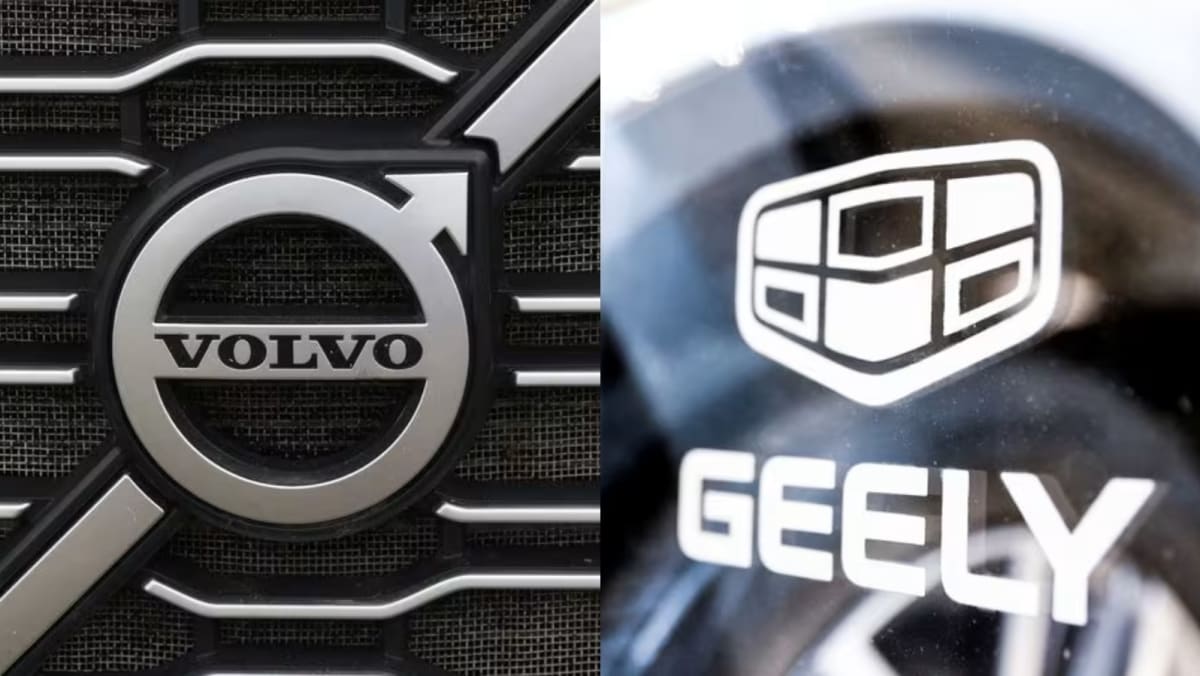CONSUMERS LEFT WITH FEWER CHOICES AND HIGHER PRICES
A serial acquirer of international car brands and the only Chinese firm with significant US sales, Geely is uniquely affected by Washington’s crackdown: Volvo’s money-losing EV offshoot Polestar, which is majority owned by Li and Geely affiliates, faces much the same issues and warned in an October government filing that the rules would “effectively prohibit” it from selling cars in the US, including ones manufactured at Volvo’s South Carolina facility.
Lotus Technology, which is also majority owned by Li and Geely affiliates, has also warned of a potential sales impact.
But there are wider repercussions. Automakers have long tapped local suppliers and adapted cars for local tastes, particularly in China. Yet as supply chains bifurcate to expunge Chinese tech from US vehicles, the industry faces increased complexity and duplicated spending, compounding the financial and operational headaches from tariffs and the differing speeds in which countries are adopting electric vehicles.
Automakers “may increasingly ringfence their ‘in China for China’ or ‘in the US for the US’ operations,” note researchers at Rhodium Group. Consumers may be left with fewer choices and less innovation, or pay more than they otherwise would, or all of the above. (The US has already imposed a 100 per cent tariff on Chinese EVs.)
Volvo collaborates with other Geely-owned entities in areas such as research and development, procurement and manufacturing; its fast-selling EX30 electric compact SUV shares technical underpinnings with other Geely models, for example.
